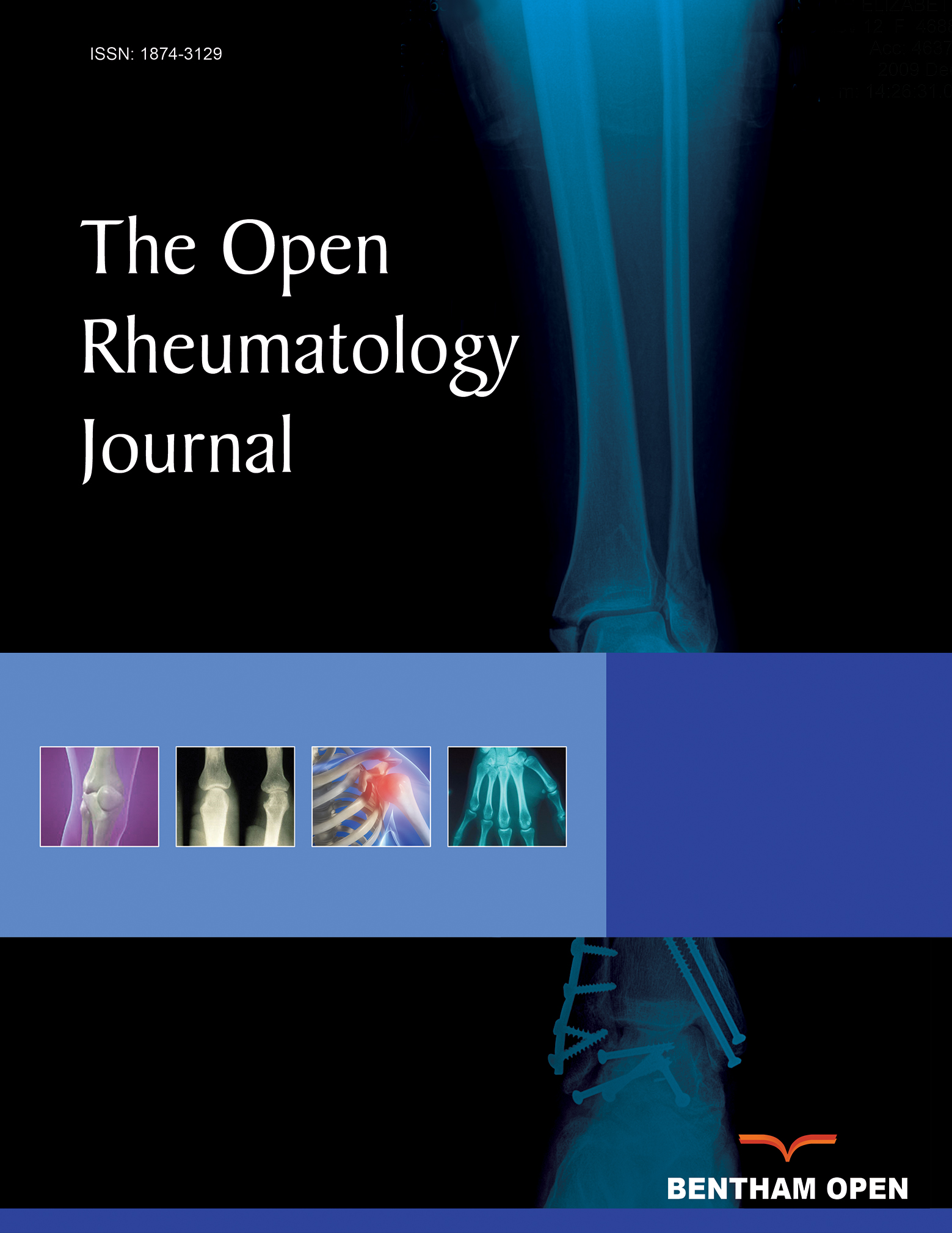All published articles of this journal are available on ScienceDirect.
Allele Specific Expression of MICA Variants in Human Fibroblasts Suggests a Pathogenic Mechanism
Abstract
The major histocompatibility complex class I chain-related gene A (MICA) is involved in immune responses of both nature killer (NK) cells and subsets of T cells with its receptor NKG2D. MICA is highly polymorphic in sequence which leads to MICA protein variants with distinct features. Specific polymorphisms of MICA have been associated with inflammatory diseases, including ankylosing spondylitis (AS), ulcerative colitis (UC) and Behçet’s disease. Studies herein characterize expression features of three MICA variants including MICA*008, a common variant in general population, and *MICA*007 and *019, which are associated with susceptibility to inflammatory diseases. MICA*019 was highly expressed on the surface of fibroblasts whereas expression of MICA*007 was the lowest in the culture supernatant. MICA*008 had low cell surface expression but was the only MICA allele in which exosomal material was detected. Surface or membrane-bound MICA activates NKG2D-mediated cytotoxicity, whereas soluble and exosomal MICAs down-regulate NKG2D. Therefore, comparisons of these three MICA variants in fibroblasts provides insight into understanding how MICA associated immune responses could be regulated to influence levels of inflammation.


